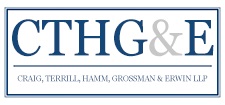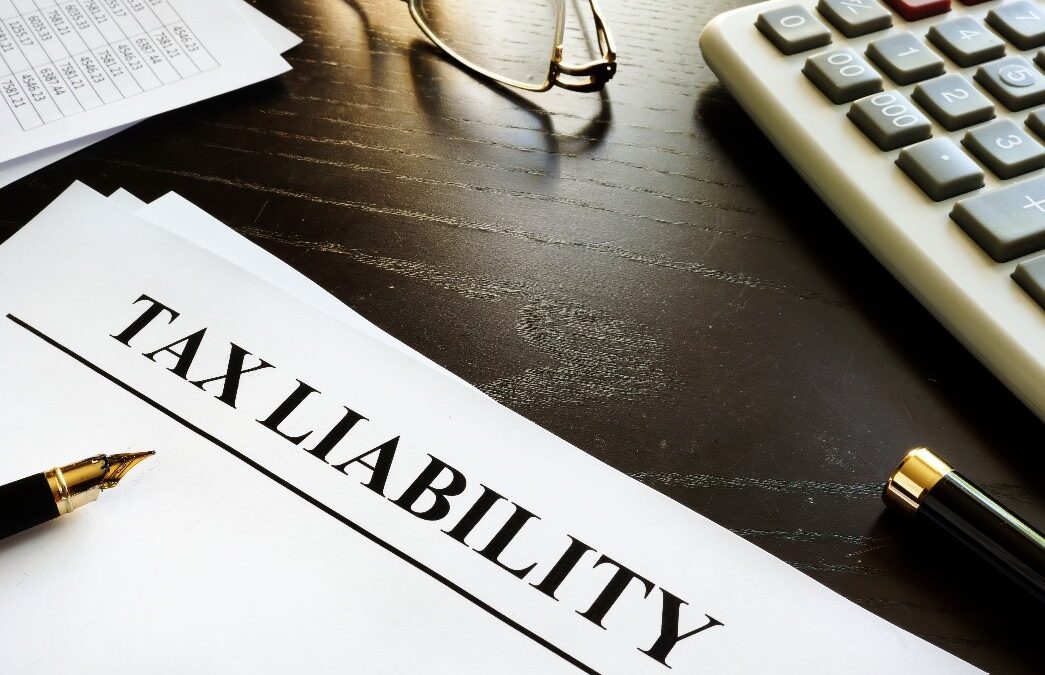When it comes to managing wealth, one important aspect that should not be overlooked is estate planning. A comprehensive financial plan that includes strategies for estate and tax management can help optimize the preservation of wealth and minimize tax burdens. In this article, Craig, Terrill, Hamm, Grossman, & Erwin, LLP shares four effective strategies that can be incorporated into a financial plan to limit tax liability.
Develop a Comprehensive Estate Plan
Building a solid estate plan is crucial for preserving wealth. Working with experienced estate planning professionals can help individuals structure their estates effectively. This involves creating wills, trusts, and other legal instruments that not only minimize tax liabilities but also protect assets from potential disputes and challenges.
A well-designed estate plan offers flexibility, allowing individuals to have control over asset distribution and mitigate the risk of a taxable estate. Taking a proactive approach to estate planning ensures that your wishes are honored while minimizing tax liability.
Consider the Use of Trusts for Asset Protection
Trusts serve as powerful tools in estate planning, as they provide asset protection while reducing tax exposure. Irrevocable trusts, for instance, allow individuals to transfer assets to future generations while minimizing estate tax consequences and potentially providing income or gift tax benefits.
In addition to tax advantages, trusts also offer enhanced privacy and protection from creditors, making them valuable components of wealth preservation strategies. By incorporating trusts into your estate plan, you can safeguard your assets and provide for future generations with minimal tax implications.
Utilize Charitable Contributions
Charitable contributions not only support worthy causes but also offer tax benefits by reducing estate tax liabilities. Donations made to qualified charities can result in both income tax deductions and estate tax deductions, effectively lowering the taxable estate.
Philanthropic foundations and donor-advised funds provide additional flexibility and control over charitable giving. These mechanisms allow individuals to leave a lasting legacy while maximizing tax advantages. By integrating charitable contributions into your estate planning, you can make a positive impact on society while minimizing tax liability.
Use Life Insurance as a Tool for Wealth Transfer
Life insurance can serve as a valuable tool for individuals seeking to provide liquidity to their estates and minimize estate tax impact. By establishing irrevocable life insurance trusts, individuals can exclude insurance proceeds from their taxable estates, ensuring a tax-free transfer of wealth to beneficiaries.
Properly structuring life insurance policies enables the creation of a tax-efficient vehicle for passing on substantial assets to future generations. Life insurance offers financial security and peace of mind while also effectively mitigating tax liability.
Strategic estate and tax planning are essential for preserving wealth and ensuring a smooth transfer of assets across generations. By implementing comprehensive estate plans that utilize trusts, charitable contributions, and life insurance, individuals can reduce the burden of estate taxes. It is important to seek professional guidance from experienced professionals in law, accounting, and wealth management to navigate the complexities of these strategies and maximize their benefits.
Remember, estate tax planning can be a complex process, and seeking professional advice is recommended to address your unique circumstances effectively. If you require assistance with estate tax planning, reach out to Craig, Terrill, Hamm, Grossman, & Erwin, LLP, a reputable Texas law firm with an exceptional team of attorneys who can provide the necessary guidance and support to manage your estate and minimize tax liability.


